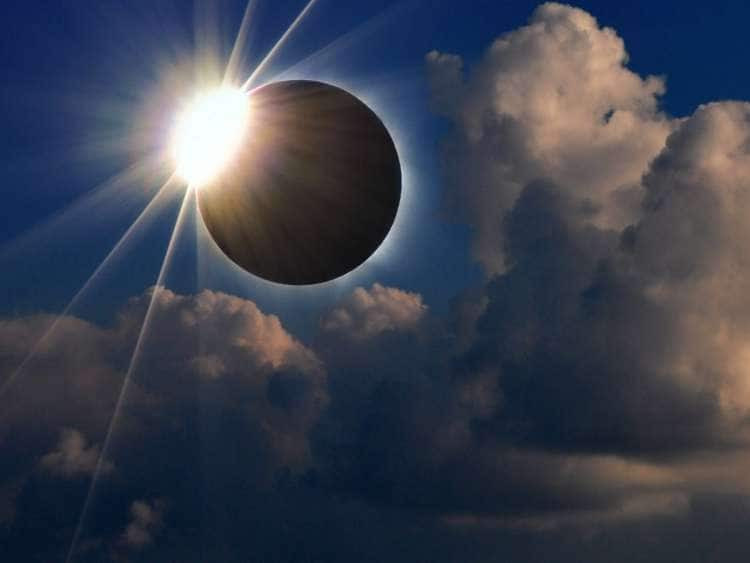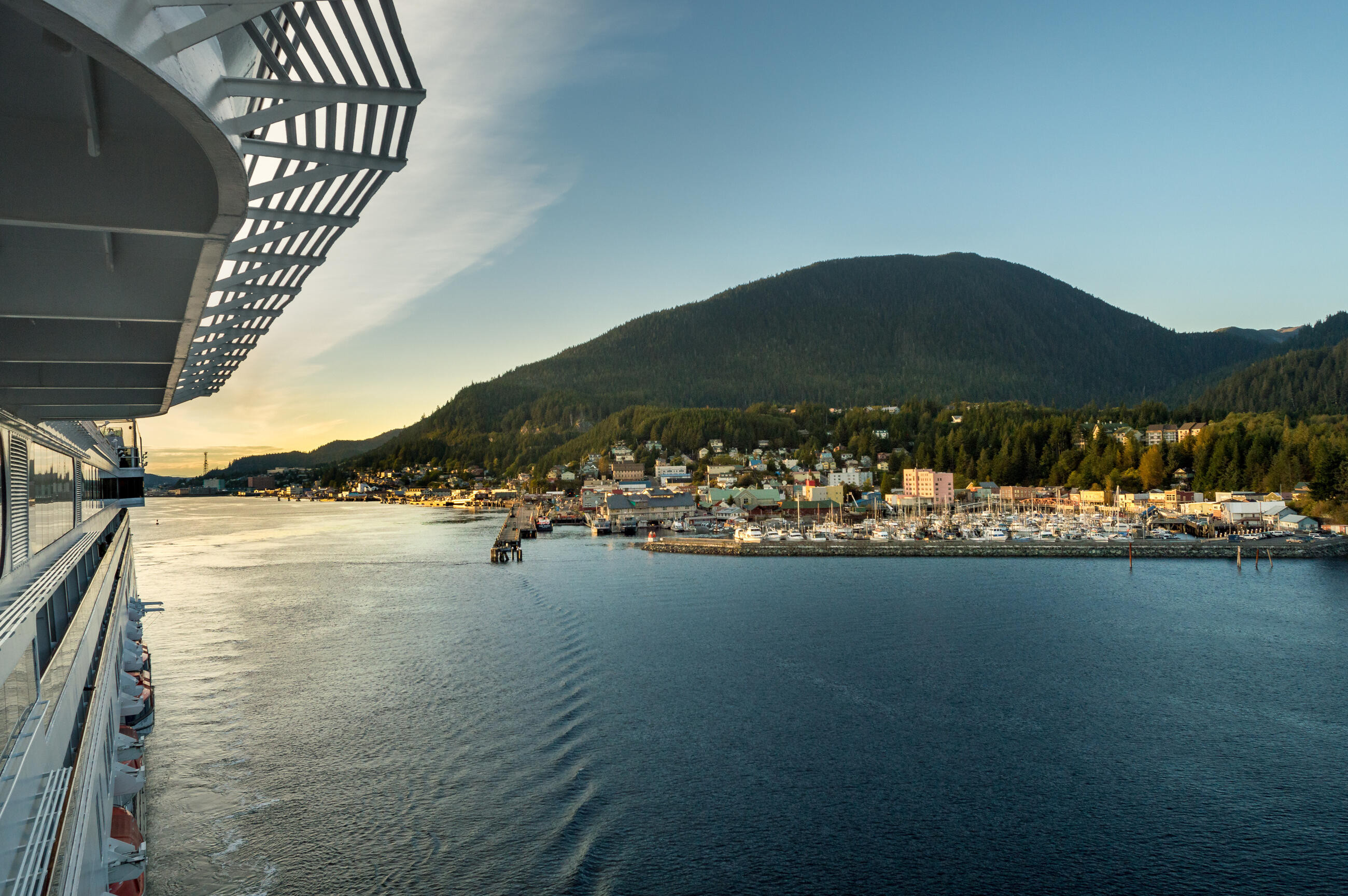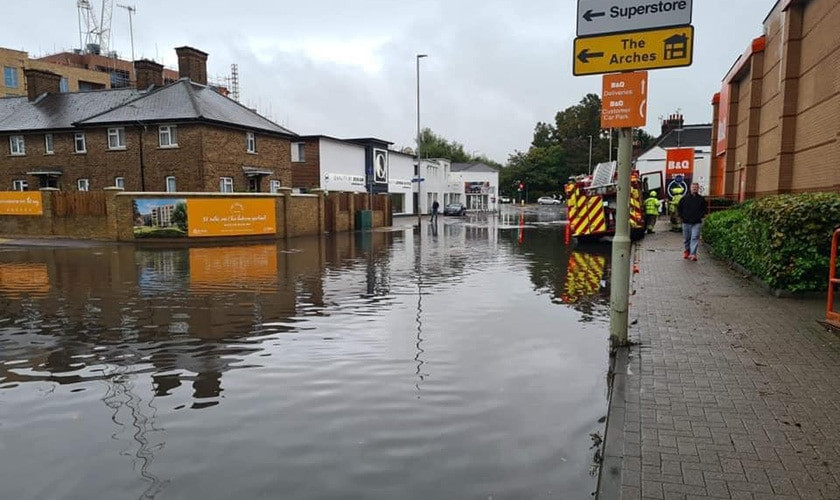August 2026 presents another chance for us to see a total solar eclipse, this time in Europe. The excitement of the 2024 eclipse has passed, but thoughts have turned to the next highly anticipated total solar eclipse, set to grace the skies above parts of Europe in August 2026. Several cruise lines have announced special itineraries designed to give passengers an unbeatable view of the next total solar eclipse.
Watching a total eclipse from a cruise ship offers many potential advantages over a land-based tour. Ships can navigate to the best possible viewing locations within the path of totality, and if weather conditions look unfavorable in one area, the ship can alter its course to find clearer skies, something not possible with a fixed land location.
Cruise lines offering eclipse itineraries usually run a themed enrichment program, allowing guests to enjoy lectures, seminars, and other events related to the sky. Holland America, for example, said guests on its special itineraries can expect talks from scientific experts, with eclipse glasses provided for the safety of guests. At sea, guests can enjoy the event in comfort and style with all the amenities a modern cruise ship has to offer. From fine dining to evening entertainment and spa treatments, guests can enjoy their vacation, of which the eclipse forms only one part.
According to NASA, the 2026 event will be visible in Greenland, Iceland, Spain, Russia, and a small area of Portugal. For cruise ships, the west of Iceland and the northwest coast of Spain are among the popular destinations. Many of the special itineraries depart from Britain, with Southampton cruise port a popular departure point.
On August 12, 2026, the eclipse is set to begin at 7.30pm. The total eclipse will occur about one hour later, lasting just over two minutes, quickly followed by sunset. If weather conditions allow, this could lead to some spectacular photography opportunities.
Eclipse Cruises from Boston to the Arctic Circle
Holland America has unveiled its lineup of itineraries featuring prime spots in Europe to witness the total solar eclipse. Following the success of their 2024 eclipse cruises, three Holland America ships will undertake eclipse itineraries in August 2026.
One of these cruises is the 35-day Voyage of the Vikings: Solar Eclipse, a roundtrip journey from Boston aboard the Zuiderdam that will sail under the path of totality off the west coast of Iceland, just before arriving at Grundarfjörður. The journey will include stops in Portland, Maine; Halifax, Nova Scotia; Greenland and Iceland; as well as Eidfjord, Norway, and Rotterdam, Netherlands. Cruise guests will enjoy lectures from scientific experts, solar eclipse-themed activities, and more. They will also receive proper eclipse glasses for safety.
Holland America's Eclipse Itineraries
Oosterdam will navigate the Mediterranean, offering views of the eclipse off Spain's eastern coast and an overnight port call in Barcelona. This 13-day itinerary is the shortest of the three and therefore the cheapest option. Nieuw Statendam will explore northern Europe over 28 days, providing an ideal vantage point of the eclipse off the west coast of Iceland.
Beyond the Eclipse
Not all ships offering eclipse itineraries will be sailing during the event itself. Cunard offers three itineraries to witness the celestial event, although on two of them the ship will be in port when it happens. A 14-night adventure on Queen Mary 2 includes the Norwegian fjords, Iceland, and a Transatlantic crossing to New York. On eclipse day, the ship will be in Reykjavik for an overnight stay, providing time to explore the city and view the eclipse in the late afternoon. A 7-night round trip from Southampton on the new Queen Anne visits Spanish and French ports. On eclipse day, Queen Anne departs La Coruña in the early evening, offering prime viewing from the deck as the ship sails out of port. Queen Victoria offers a week-long cruise from Civitavecchia to Barcelona. On eclipse day, the ship will be in Tarragona, Spain, providing various viewing options ashore and aboard.
Princess Cruises plans to take its Sky Princess cruise ship to Northern Spain for the 2026 event. As part of a 14-day Mediterranean sailing from Southampton, the vessel will be at sea off the coast of Northern Spain searching for the ideal spot. Two of the P&O Cruises fleet also offer 2026 eclipse itineraries, both from Southampton. The adult-only Arcadia will be docked in Isafjordur in northwest island on the day of the event, as part of its 16-night cruise to Iceland. Meanwhile, the family-friendly Ventura will be docked in El Ferrol in northwest Spain as part of a 14-night Spain and Portugal itinerary.
For a more intimate experience, it’s also possible for adventurous travelers to see the eclipse in Greenland aboard a smaller expedition vessel. Albatros Expeditions plans to anchor its Ocean Albatros expedition ship, home to just 93 guest cabins, off the coast of Greenland at the exact center of the eclipse path. Following the spectacular event, the 13-day itinerary follows the eastern coast of Greenland giving guests a close-up experience of the glaciers, fjords, and remote coastal communities.
A Celestial Celebration: Beyond the Eclipse
Holland America is not just focusing on eclipses. The cruise line has created a slate of celestial cruises, taking guests to prime locations throughout Europe to experience three different natural phenomena firsthand: the total solar eclipse, the summer solstice, and the aurora borealis. The cruise line is offering some early booking discounts for a limited time on premium packages for its Mariner Society loyalty members, which includes an up to $400 onboard credit for bookings made by Oct. 29, 2024. Bookings for the Celestial Cruises open July 31.
These cruises offer a unique blend of adventure, education, and relaxation, making them an ideal choice for travelers looking for a memorable and enriching vacation. With expert lectures, themed activities, and prime viewing locations, these cruises are sure to provide a once-in-a-lifetime experience for anyone interested in celestial events.


















